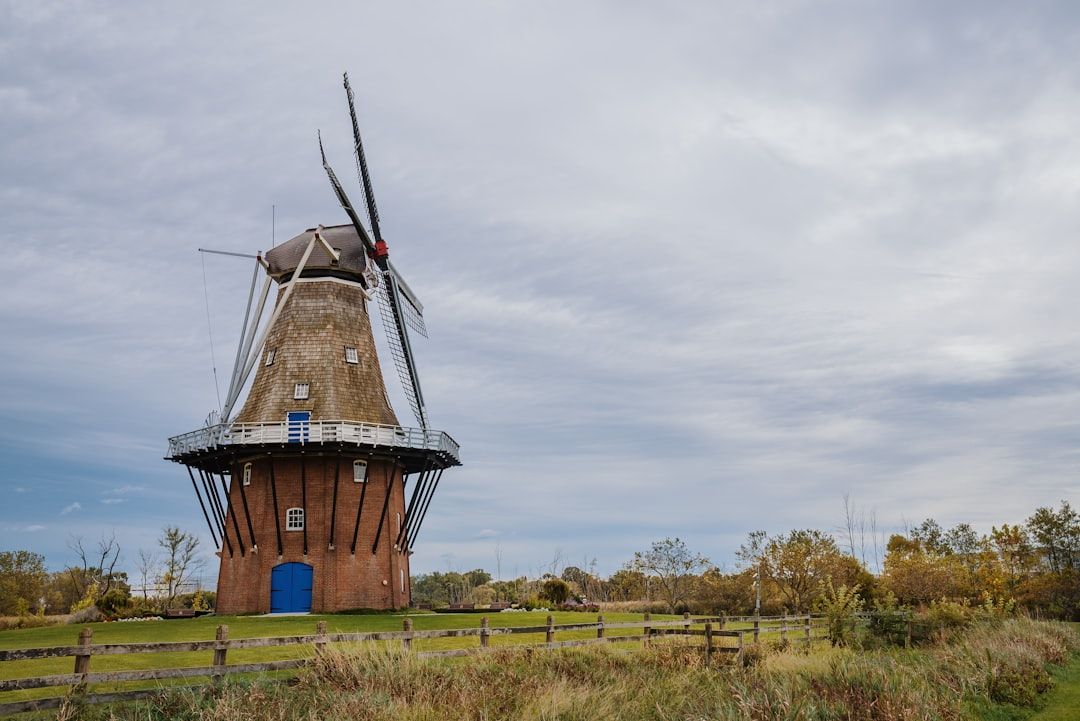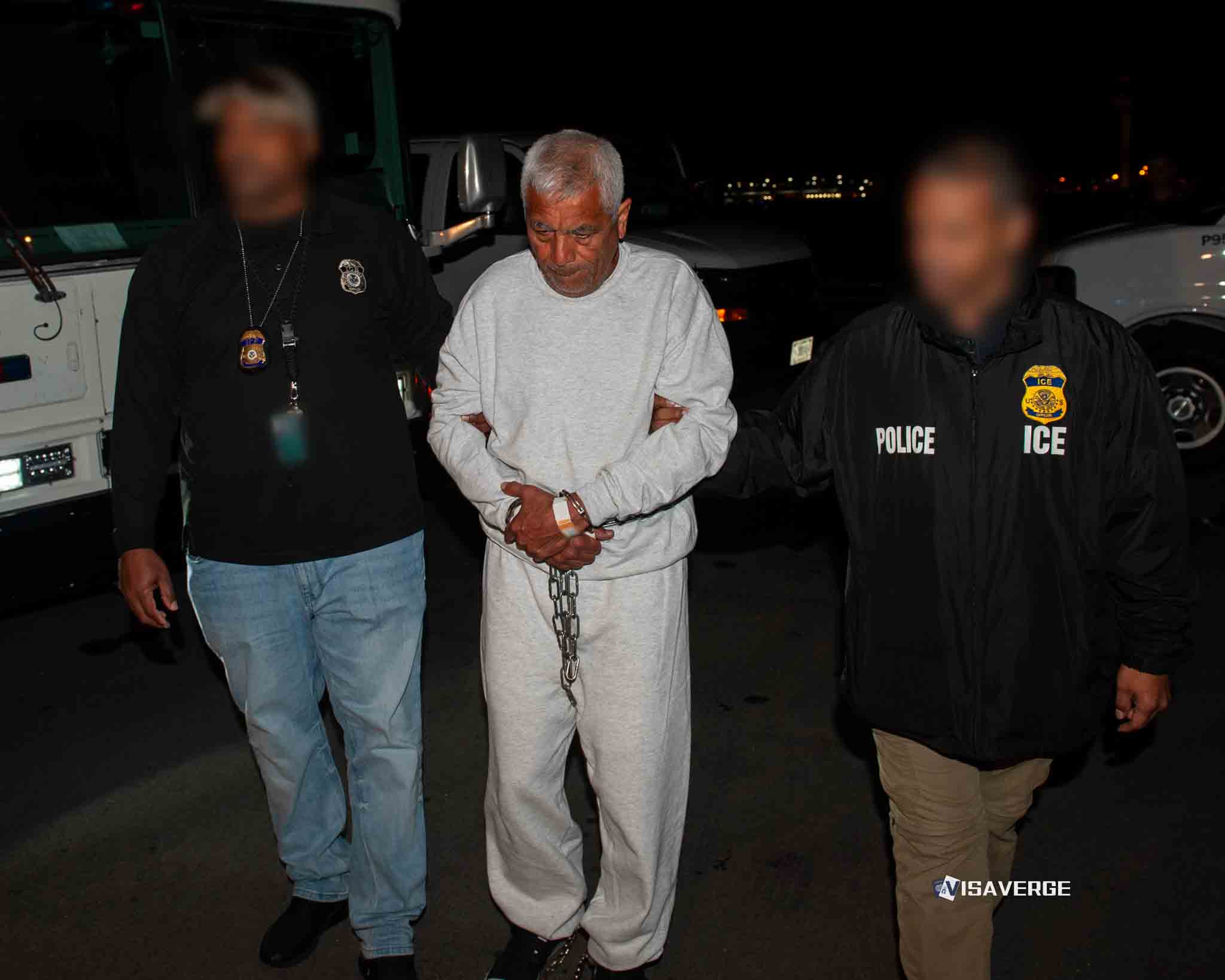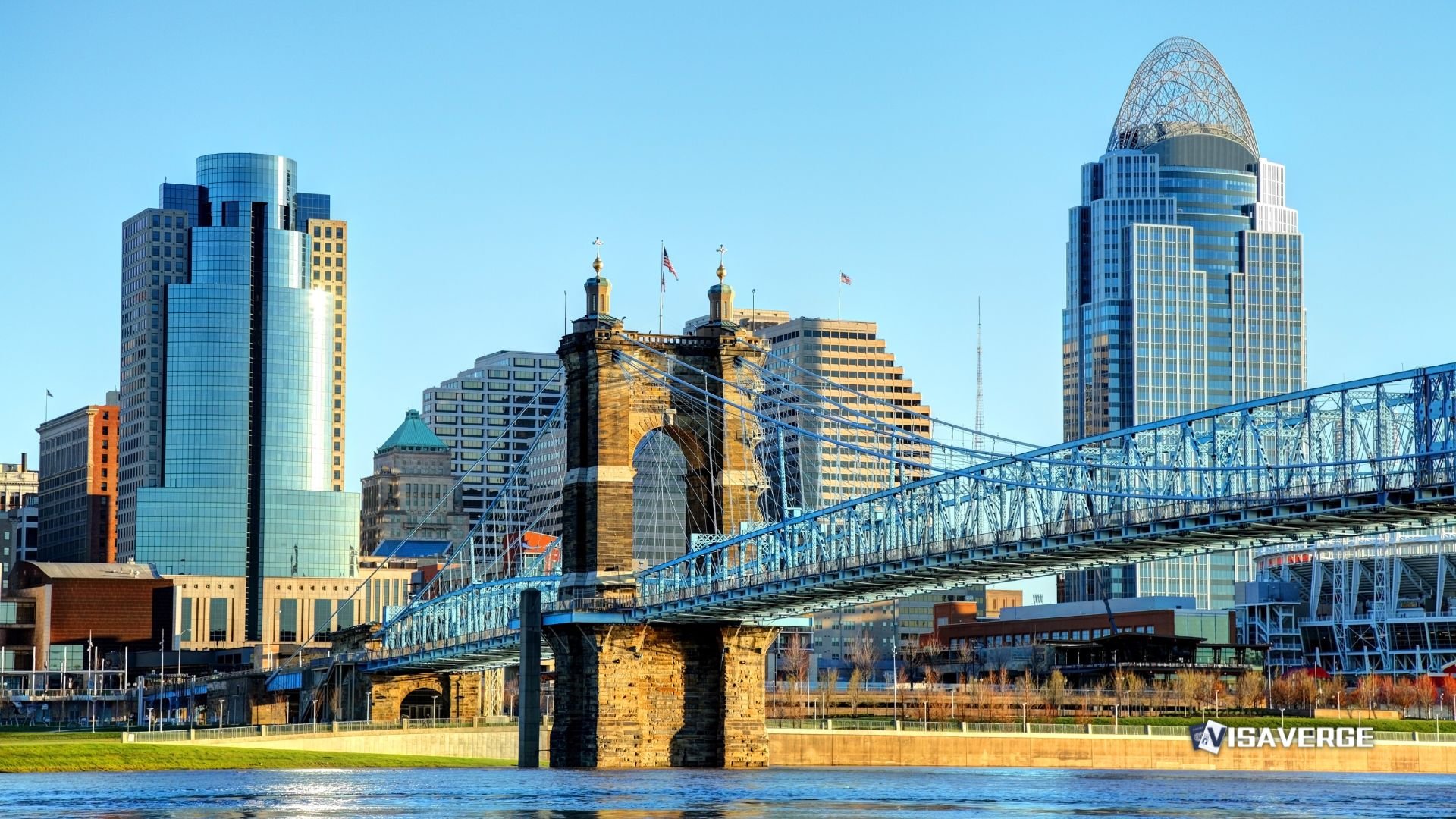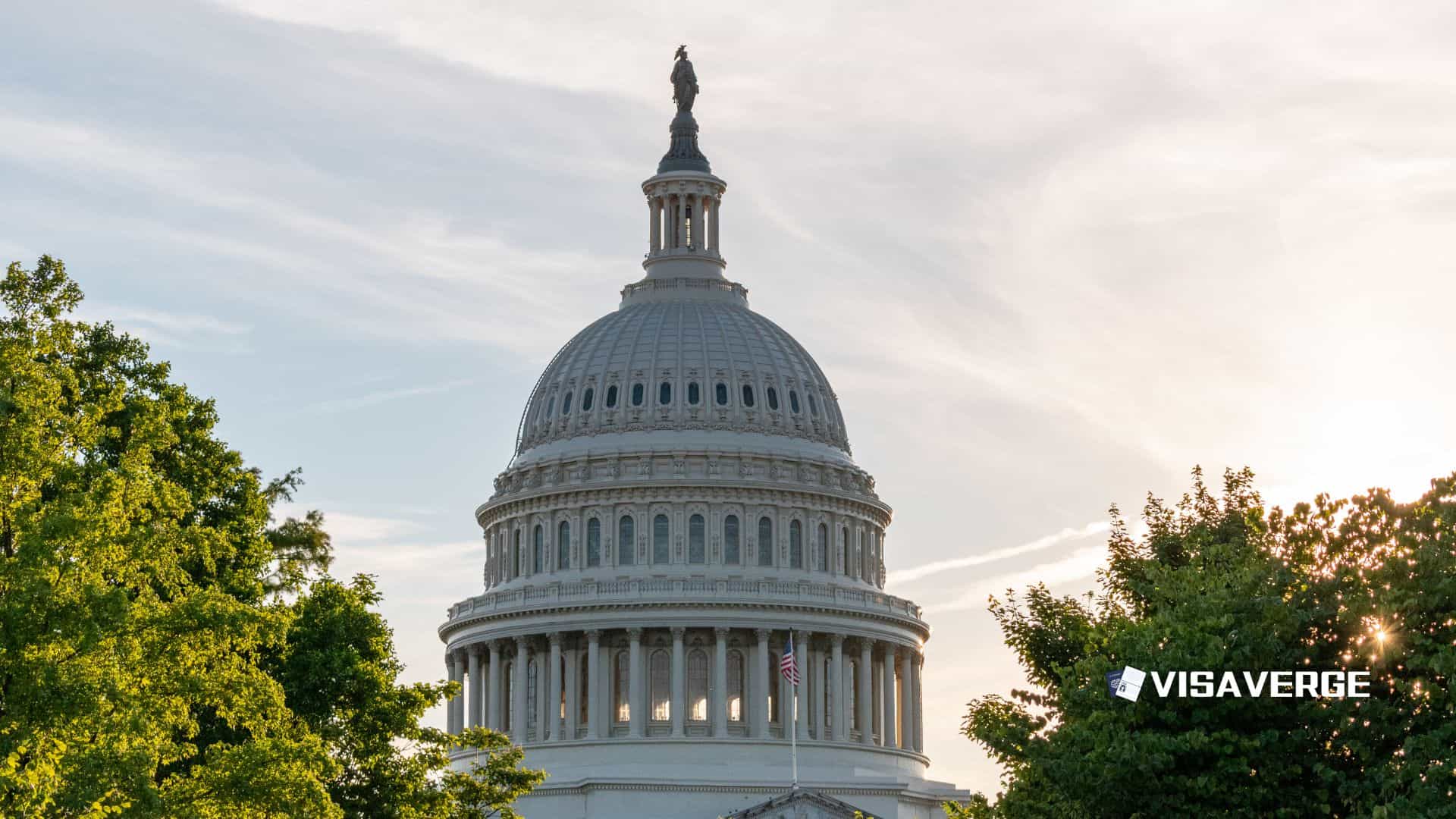Key Takeaways
• Citizen border patrols at Dutch-German border used racist language in internal messages, sparking national debate.
• Official Dutch border checks since December 2024 involve 50 officers at 5 crossings, checking 41,750 people.
• Citizen-led patrols are illegal, face government condemnation, and possible criminal investigations due to racist motives.
On June 18, 2025, Dutch media revealed that a group of Dutch residents organizing their own border checks at the German border had used openly racist language in their internal text messages. These citizen-led patrols, which have taken place over recent weekends, were set up to stop asylum seekers from entering the Netherlands 🇳🇱. The discovery of racist content in these communications has sparked a national debate, raising serious questions about the motivations behind these grassroots efforts and the risks they pose to both asylum seekers and the wider community.
What Happened: Citizen-Led Border Checks and Racist Messages

The controversy centers on a group of Dutch citizens who, frustrated with what they see as weak official controls, began patrolling parts of the border with Germany. Their goal was to spot and stop asylum seekers trying to enter the Netherlands 🇳🇱. However, the exposure of racist language in their group chats has led to widespread condemnation from politicians, human rights groups, and the public.
These actions are not supported or approved by the Dutch government. In fact, officials have made it clear that such citizen-led checks are illegal and could lead to criminal investigations, especially given the racist content now linked to these groups.
Official Dutch Border Checks: Who Runs Them and Why
The Dutch government has, since December 9, 2024, reintroduced temporary border checks at its borders with Germany and Belgium. This move was made in response to growing pressure on the asylum system, concerns about irregular migration (people entering without proper documents), and cross-border crime. The checks are set to continue until at least December 9, 2025.
Key facts about official Dutch border checks:
- Who runs them? The Royal Netherlands Marechaussee (KMar), a special police force, is responsible for these checks.
- Where do they happen? Mainly at five of the more than 840 possible border crossings, due to a shortage of officers.
- How many officers? Only about 50 are available for these checks.
- What do they check? Officers look at people’s identity documents and travel papers. If someone wants to apply for asylum, they are taken to a reception center.
Recent results (December 2024 – March 2025):
- 41,750 people and 9,900 vehicles checked
- 250 people refused entry
- 90 arrests for crimes like human trafficking and drug offenses
- 30 asylum applications at the border, with only one person sent back to another EU country
How Do Official Border Checks Work?
The process for official border checks is clear and follows Dutch and European law:
- Travelers are stopped at main border crossings or during mobile patrols.
- KMar officers check identity and travel documents.
- If someone wants to seek asylum, they must say so. Officers then take them to a reception center to start the asylum process.
- If documents are missing or not valid, and no asylum claim is made, the person may be refused entry.
- If the person has already applied for asylum in another EU country, they may be sent back under the Dublin Regulation, a set of EU rules about which country handles asylum claims.
For more details on the official process, the Royal Netherlands Marechaussee provides up-to-date information.
Asylum Seekers: What Do These Checks Mean for Them?
For people seeking asylum, the Dutch border checks have real consequences:
- Asylum seekers can still apply for protection at the border. If stopped, they must clearly state their wish to seek asylum. Officers will then take them to a reception center.
- If they have already applied in another EU country, they may be sent back to that country under the Dublin rules.
- Most asylum applications are not made at the border. In 2024, only about 400 out of 44,000 total applications (less than 1%) were made at the border.
This means that, while border checks are in place, they have not stopped most asylum seekers from reaching the Netherlands 🇳🇱. According to analysis by VisaVerge.com, the majority of asylum seekers enter the country through other means and apply once inside.
Travelers: What Should You Expect at the Dutch Border?
If you are traveling to or from the Netherlands 🇳🇱, especially by car, train, or plane, you should be aware of the following:
- You must carry a valid passport or identity card. This applies to everyone, including EU citizens.
- You may be stopped and checked, especially at the main border crossings, on trains, or at airports.
- Delays are possible, but they are usually short because only a small number of crossings are checked.
- If you are not an asylum seeker and your documents are in order, you should have no problems.
Citizen-Led Border Checks: What Are They and Why Are They a Problem?
The recent controversy is not about official border checks, but about private citizens taking the law into their own hands. These groups, acting without any legal authority, have started to patrol parts of the border, especially near Germany, to stop asylum seekers from entering.
Key points about citizen-led border checks:
- Not legal: These actions are not allowed under Dutch law and could be considered a crime.
- No official procedure: There are no rules or training for these groups, making their actions unpredictable and risky.
- Racist motives: The exposure of racist language in their communications has led to public outrage and calls for investigation.
- Possible consequences: The government may take legal action against those involved, especially if hate speech or discrimination is proven.
Why Did the Dutch Government Bring Back Border Checks?
The Netherlands 🇳🇱 is part of the Schengen Area, a group of European countries that normally have no border checks between them. However, the Schengen Borders Code allows countries to bring back checks for a limited time if there are serious threats to public order or security.
Reasons for the Dutch government’s decision:
- Pressure on the asylum system: The country has struggled to provide enough places for new arrivals.
- Concerns about irregular migration: Some people enter without proper documents or use smugglers.
- Cross-border crime: There have been cases of human trafficking and drug smuggling.
- Public opinion: Immigration is the top concern for many Dutch citizens, with 45% saying it is the biggest challenge facing the EU.
How Effective Are the Border Checks?
There is debate about whether the official border checks are working as intended.
- Limited impact on asylum numbers: Most asylum seekers do not apply at the border, so the checks have not greatly reduced the number of applications.
- Resource constraints: With only about 50 officers and over 840 crossings, only a small part of the border can be checked.
- Symbolic value: Some critics say the checks are more about showing action than actually stopping migration.
Sven Schuitema, a union representative for the Marechaussee, has said that hundreds more officers would be needed to cover the border properly.
Human Rights and Discrimination Concerns
The exposure of racist language among citizen patrols has raised alarms about discrimination and the risk of hate crimes. Human rights groups, including Amnesty International, warn that both official and unofficial border checks can lead to unfair treatment of people based on their background or appearance.
- Discrimination: There is a risk that people who look or sound “foreign” may be targeted unfairly.
- Vigilantism: When private citizens take the law into their own hands, it can lead to violence or abuse.
- Legal consequences: The Dutch government has condemned the citizen patrols and may prosecute those involved, especially if racism or hate speech is proven.
If you experience or witness discrimination, you can report it to the Discrimination Reporting Point (Meldpunt Discriminatie).
Public Opinion and Political Debate
Immigration remains a hot topic in the Netherlands 🇳🇱. Many people are worried about the number of asylum seekers and the strain on public services. At the same time, the exposure of racism among citizen patrols has led to a wider discussion about the country’s values and how to balance security with fairness.
- Low support for asylum seekers: Public support for welcoming asylum seekers is low and has dropped further in 2025.
- Political pressure: Politicians face demands to “do more” about migration, but also to protect human rights.
- National debate: The racist messages have forced a reckoning about the dangers of hate-driven actions and the importance of upholding the law.
The Rise of Citizen Patrols: A New and Troubling Trend
Citizen-led border patrols are a recent development in the Netherlands 🇳🇱. They reflect growing public anxiety about migration, but also the influence of far-right groups who use fear and anger to organize such actions.
- Grassroots mobilization: These groups often use social media to organize and share information.
- Lack of oversight: Without official training or rules, there is a high risk of mistakes, abuse, or violence.
- Racist motives: The discovery of racist language shows that some members are driven by hate, not just concern about the law.
What Happens Next? Future Outlook
Official border controls are set to remain in place until at least December 9, 2025. The government may extend them further if migration pressures continue. There are also plans to change national laws to give police more power at the borders.
Citizen patrols are likely to face more scrutiny and possible legal action. The government and police have made it clear that these actions are not allowed and will be investigated, especially when racism is involved.
European context: The Netherlands 🇳🇱 is not alone in tightening border controls. Many European countries are introducing new systems, such as ETIAS (a travel authorization system), to manage migration more strictly.
Summary Table: Official vs. Citizen-Led Border Checks
| Aspect | Official Border Checks (KMar) | Citizen-Led Border Checks |
|---|---|---|
| Authority | Royal Netherlands Marechaussee (KMar) | Private citizens (unsanctioned) |
| Legal Status | Legal, under Schengen Borders Code | Not legal, potentially criminal |
| Coverage | 5 main crossings, mobile patrols | Select border areas, ad hoc |
| Personnel | ~50 officers | Unknown |
| Motivation | Public order, migration control | Stop asylum seekers, some racist motives |
| Recent Controversy | Resource constraints, limited effectiveness | Overt racism in communications |
| Government Response | Ongoing, extended to Dec 2025 | Condemnation, possible investigation |
Practical Guidance for Asylum Seekers and Travelers
- Asylum seekers: If you wish to apply for asylum at the Dutch border, clearly state your intention to the officers. You have the right to seek protection, and you will be taken to a reception center.
- Travelers: Always carry a valid passport or identity card. Be prepared for possible checks, especially at main crossings, on trains, or at airports.
- If you experience discrimination: Report it to the proper authorities using the official reporting point.
Official Resources
For the latest updates and official guidance on Dutch border controls, visit the Royal Netherlands Marechaussee – Temporary Border Control page.
Conclusion
The exposure of overt racism in citizen-led border patrols at the Dutch-German border has brought new urgency to the debate about migration and border security in the Netherlands 🇳🇱. While the government continues to use official border checks to manage migration, these efforts are limited by resources and have not greatly reduced asylum applications. The rise of unsanctioned, racially motivated citizen patrols has raised serious concerns about discrimination, vigilantism, and the social climate surrounding migration. As reported by VisaVerge.com, the situation highlights the need for clear laws, proper enforcement, and a commitment to human rights as the Netherlands 🇳🇱 and other European countries respond to ongoing migration challenges.
Learn Today
Citizen-led patrols → Groups of private individuals conducting unauthorized border checks without legal authority or official training.
Royal Netherlands Marechaussee (KMar) → Dutch special police force responsible for official border security and immigration control.
Schengen Borders Code → EU regulation allowing temporary reintroduction of border controls during security or public order threats.
Dublin Regulation → EU law determining which member state is responsible for processing an asylum application.
Irregular migration → Entry or stay in a country without proper documents or legal permission.
This Article in a Nutshell
Dutch citizen patrols at the German border revealed racist messages, raising serious concerns. Official border checks involve limited officers who inspect documents and enforce asylum laws up to December 2025. The government condemns illegal, racist citizen patrols amid migration pressures and security challenges demanding legal and human rights balance.
— By VisaVerge.com













